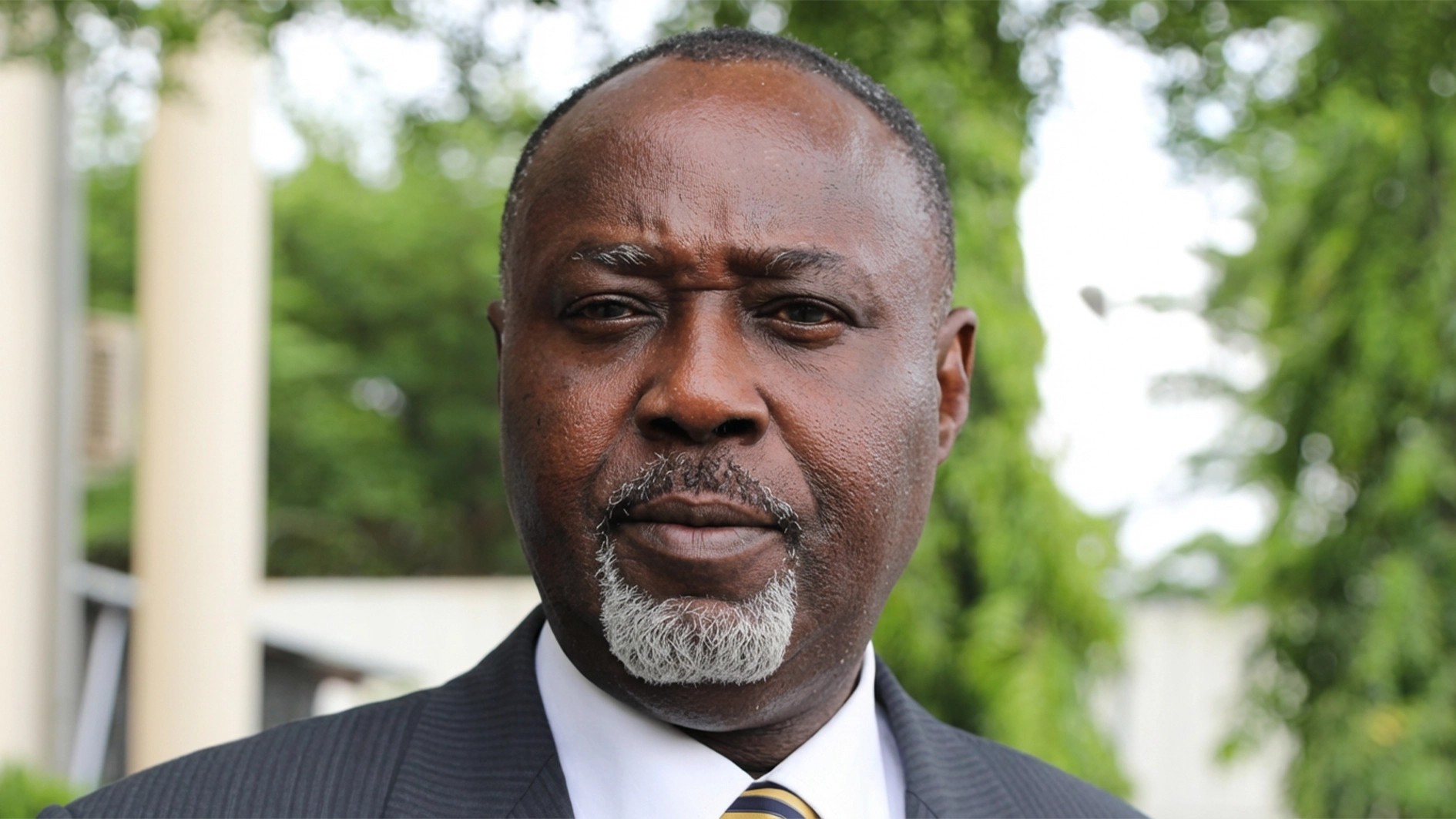Security challenges in the South-East are leading to the enactment of multiple ad hoc security laws in the region. But turning the tide requires more than just new measures in city centres, LAWRENCE NJOKU reports.
Heightened killings, kidnappings, abductions for ritual purposes, activities of secessionist groups, men of the underworld, as well as those of some native doctors, among others, have forced some states in the South-East, especially Enugu and Anambra, to push for new laws, and a review of security strategies to contain emerging threats.
While many residents of urban areas in the region somehow sleep with their two eyes closed, such cannot be said of those in rural communities, where the rate of ritual killings, abductions, and other crimes is making life unbearable.
Sources allege that South-East governors’ failure to give effect to the regional security outfit, Ebubeagu, which they proposed at the height of insecurity in 2021, was responsible for the wave of insecurity ravaging the area.
Ebubeagu, fashioned after the South-West security outfit, Amotekun Operations, was intended to work with existing security agencies to curb insecurity and protect residents from attacks. It was also charged with the responsibility of coordinating the activities of all vigilante groups in the region. But the security outfit never got underway due largely to the inability to agree on a funding mechanism, operational modalities, and trust deficit among those who initiated the idea.
In addition to this, apart from Imo State Governor, Hope Uzodimma, the other governors, who conceived and birthed the idea, have since served out their tenures and exited office.
However, with insecurity still a major issue in the zone, a new thinking may have begun with some of the current governors initiating new laws aimed at protecting the lives and property of residents.
Last month, Enugu State Governor, Peter Mbah, in a bid to strengthen and professionalise forest and environmental security operations, appointed Dan Didiugwu, a retired army colonel, as chairman of the forest guards, and Olamitisoji Akinbamilayo, a retired deputy commissioner of police, as the commander of the outfit.
The development is in alignment with the commitment to safeguarding lives, property, and natural resources in the state.
It would be recalled that Mbah recently initiated the use of Artificial Intelligence (AI) to strengthen security in the state. Surveillance cameras were also mounted at various junctions in the urban area, and deployment of security patrol vehicles fitted with high-tech communication gadgets that directly report to the Command and Control Unit domiciled in the Government House.
While all these go on in urban areas, security challenges in the rural communities remain largely unabated, going by ugly tales coming from those areas daily.
For instance, on Sunday, June 15, Aguamede, Eha-Amufu, in Isi-Uzo Local Council of the state, was thrown into mourning when armed assailants suspected to be herdsmen invaded the area while some residents were still in church, and slaughtered at least 10 in their homes. The tragedy came a week after a similar attack in nearby Mbuji claimed four lives.
On June 6, the Enugu State government demolished a suspected criminal hideout operating under the guise of a worship centre in Onicha-Enugu-Ezike, Igbo-Eze North Local Council.
The facility, reportedly operated by a self-acclaimed prophet, Chinedu Ezedike, was exposed as a base for alleged ritual practices, kidnappings, and other organised crimes.
After investigations, authorities revealed that the centre had no genuine religious function and was instead used to carry out and conceal criminal activities contributing to growing insecurity in the region. This was followed by the news of the killing of four children by a spiritualist at Ibagwa-Aka, Igboeze South Local Council of the state, on May 18
The four children, Kamsiyochukwu Ezema (7), Ezinne Ezema (6), Ujunwa Ezema (5), and Chinedu Ezema (2), were of the same parents and said to be murdered with a pestle by the spiritualist.
Yet again, on May 26, 13-year-old Ukamaka Okonkwo was rescued from an alleged kidnapper and ritualist, Obi Levi Obieze, at Ndiagu, Umumba in Ezeagu Local Council. The team that rescued her also discovered two decomposing bodies dumped in a septic tank in the compound, allegedly belonging to Obieze. Before the discovery, Obieze was operating as a native doctor, but lived flamboyantly.
In the wake of these unsavoury tales in various communities, the state government sent a fresh security bill to the House of Assembly aimed at checking criminal activities among native doctors, herbalists, and related persons in the state.
In doing this, Mbah took a cue from the Governor of Anambra State, Charles Soludo, who on January 18, this year, became the first governor in the region to enact a new security law when he signed the Homeland Security Law 2025. The new law by Soludo birthed the Agunechemba security outfit.
The Anambra Homeland Security Law, which came into being following a series of kidnappings for ransom, killings, criminal idolatry, among several other crimes in the state, is said to be succeeding.
Soludo himself, while launching the initiative, acknowledged that some local government areas had been overtaken by bandits who went about dispossessing people and snuffing life out of them, thus making it difficult for residents to sleep with their two eyes closed.
The Homeland Security Law, which saw to the integration of technology and deployment of AI-powered surveillance cameras, advanced tracking systems, among other modern security infrastructure, as well as the deployment of over 2,000 personnel operating across the length and breadth of the state.
Part of the law prescribes jail terms or millions of naira fines for people who administer charms to others for the “accumulation of wealth by supernatural means,” kidnapping for any reason, as well as regulation on the activities of native doctors and spiritualists, among others. It was this aspect of the law and its enforcement that drove several native doctors and spiritualists out of the state. Some unlucky practitioners were, however, caught by the long arm of the law and are currently being prosecuted.
Also in celebration of the second anniversary of his administration in May this year, Abia State Governor, Alex Otti, signed the Abia Homeland Security Act, which was updated to incorporate the creation of an effective Forest Guard to support the security of the state.
Governor Otti did not stop there. In the penultimate week, he rallied indigenes of the state, friends, and associates to a security fund-raising, which he said was aimed at strengthening the security of lives and property of residents of the state.
He assured residents that proceeds from the exercise would be deployed to ensure that every part of the state was safe for habitation.
In Imo State, it appears the government is rethinking new strategies to contain rising insecurity with the July 24 deadline directive on herders to end open grazing.
The state Commissioner for Livestock Development, Anthony Mgbeahurike, who, however, did not disclose whether the state was mooting a new law to check the trend, stated that the government would no longer tolerate unchecked roaming of livestock, which he added disrupts urban life and causes tension.
Sources told The Guardian that the escalating insecurity in the communities is beginning to set a new thinking among the governors on how to strengthen their internal security, especially with the general acceptance that the regular security operatives have been overwhelmed by the menace.
The Anambra State security model, even with the criticism that it empowers quasi-security outfits to patrol, make arrests, and conduct investigations, among others, seems to be more acceptable to the people as its activities penetrate communities across the state.
Commenting on the rise of new laws to stem insecurity in the zone, an Enugu-based legal practitioner, John Nwobodo, explained that it was a proactive response to the emerging criminal trends, stressing that the laws are targeted at specifics in consonance with the provisions of the Constitution of Nigeria, which provides that offences must be defined and penalty therefore provided for.
He observed that some of the conducts now subject to the laws or bills were hitherto not criminalised, stressing that those conducts have become enablers for some serious crimes such as murder, kidnapping, etc, necessitating the enactment of special laws to address the drift.
“I, however, observe that some of the provisions of the law need to be tinkered with. For instance, the hasty demolition of properties linked to the crimes. There ought to be due process; demolition of property should be sanctioned by the court even after the trial. Why even demolition when the government can take them over and designate them for other meaningful uses, such as community libraries, health centres, etc. I am of the further view that offences should attract stiffer penalties.
“As to the point whether the laws conflict with those that set up the regular security agencies, I do not think there is a conflict. The ultimate power of public prosecution is vested in the attorney general. Also, private persons are entitled to prosecute criminals with the fiat of the attorney general. By and large, the goal should be to sanitise society and rid it of crime and criminals. However, the caveat should be that due process shall be observed in the implementation of the laws,” Nwobodo stated.
A Security Consultant with the Centre for Peace and Security, Port Harcourt, Rivers State, Joakin Uche, stated that strengthening local vigilante groups remains a sure way to tackle emerging security challenges in the region.
Uche, however, emphasised the need for synergy, stressing that the zone’s governors must come together to forge a joint security platform that would coordinate security activities in the region.
We cannot solve the problem by isolated efforts. That is why when those notorious native doctors were chased away from Anambra State, they found their ways into other neighbouring states like Enugu to continue their activities. Of course, insecurity escalated in these unfortunate communities with rampant cases of abduction and killings. So, the region must work together if it intends to solve this problem,” he stated
Uche’s thoughts are amplified by a civil rights activist, Gregory Uwadiegwu, who advised the security operators to be focused and ensure the laws are implemented with their motives.
“We need to guard against abuse. Our security personnel, and people that are in places of authority, capitalise on every single opportunity to reap off others. Let us ensure that those being recruited to work in the security outfits are people of worthy character and not those who would compromise their calling for material sake,” he stated.






